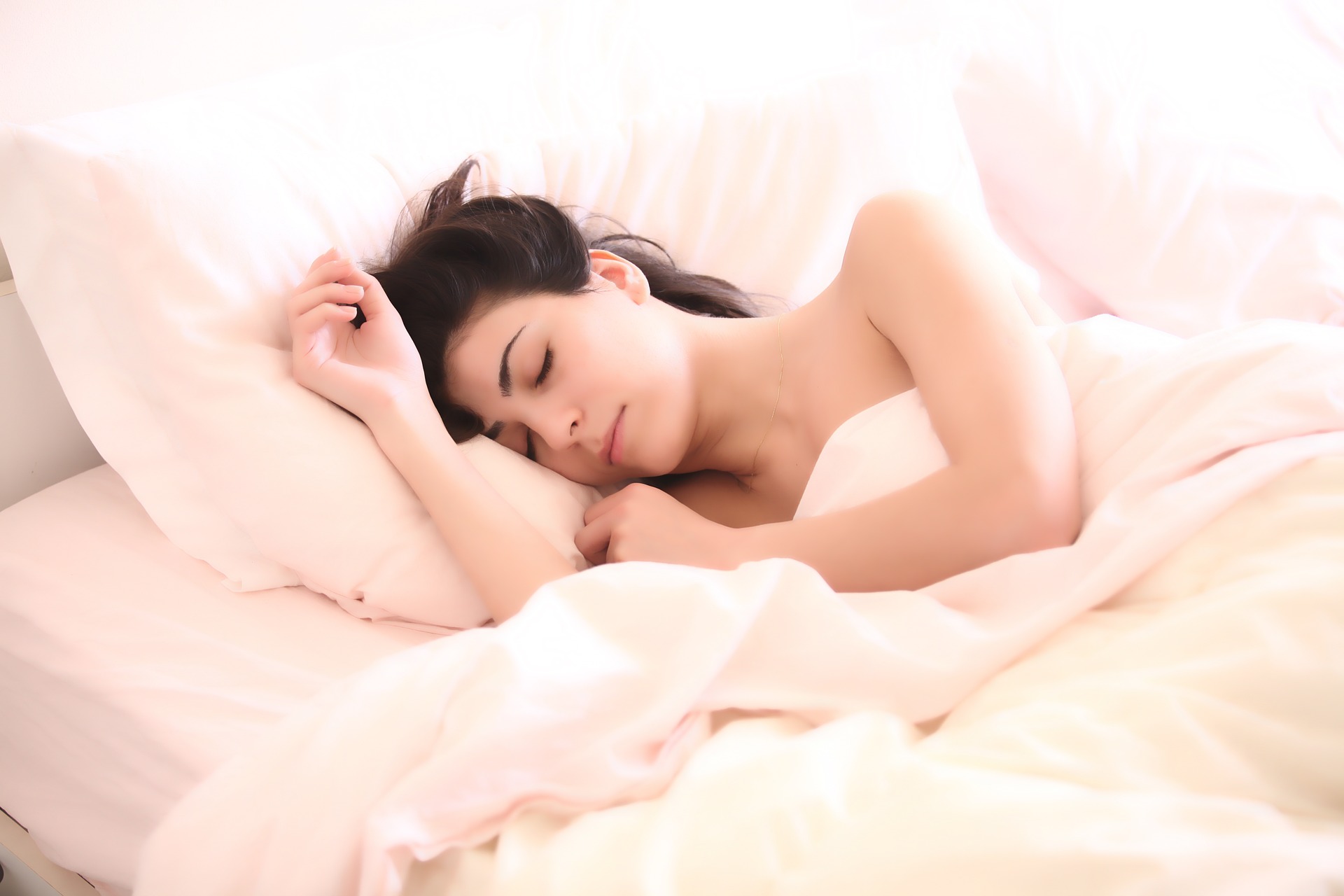
Mornings can be hard. Especially if you didn’t get as much sleep as you should have the night before, waking up early can be a real challenge. But for some people, even getting the recommended amount of sleep each night doesn’t seem to help them feel any more awake or refreshed in the morning.
In situations like this, you might need to take a look at your life and your sleep routines as a whole to see where you can make some improvements to your sleep. To show you how this can be done, here are three tips to help you feel more refreshed when you wake up in the morning.
Set Up The Perfect Sleeping Conditions
The conditions in which you fall asleep and sleep during the night can have a big impact on how much sleep you’re able to get and how restful that sleep will be
To optimize this, Dr. Debra Sullivan, a contributor to Healthline.com, recommends that you set up the perfect sleeping conditions by doing things like keeping your bedroom cooler at night and keeping all of your electronics out of your room. Additionally, if you don’t have a good mattress or the perfect cloud pillow, you might want to think about upgrading here, too.
Keep A Consistent Sleep Routine
Another reason why many people have a hard time feeling like they get good sleep at night is that they haven’t developed consistent sleep habits and routines yet.
One great way to start doing this, according to the National Sleep Foundation, is to be consistent with when you go to sleep and when you wake up. Even on the days when you don’t have to be up at any certain time, it’s wise to still get up around the same time and go to bed around the same time. This helps your body get into a stable rhythm so it gets used to getting the right amount of sleep that it needs.
Try To Let Your Body Wake Up On Its Own
Sometimes, people feel especially groggy when they wake up in the morning because they were awakened at a bad time in their sleep cycle. If you get woken up when you’re in deep sleep rather than in shallower sleep, it can be very disorienting, which can last for quite a while.
To combat this, Dr. Sanja Jelic, a contributor to Very Well Health, suggest that you try to wake up on your own, without an alarm clock. Until you can get to this point, you might want to try using an app or another piece of technology that tracks your sleep patterns and will gently wake you up when you’re only lightly sleeping close to the time that you want to be awake.
If you frequently don’t feel rested and refreshed after a full night’s sleep, consider using the tips mentioned above to help you address some of these issues.